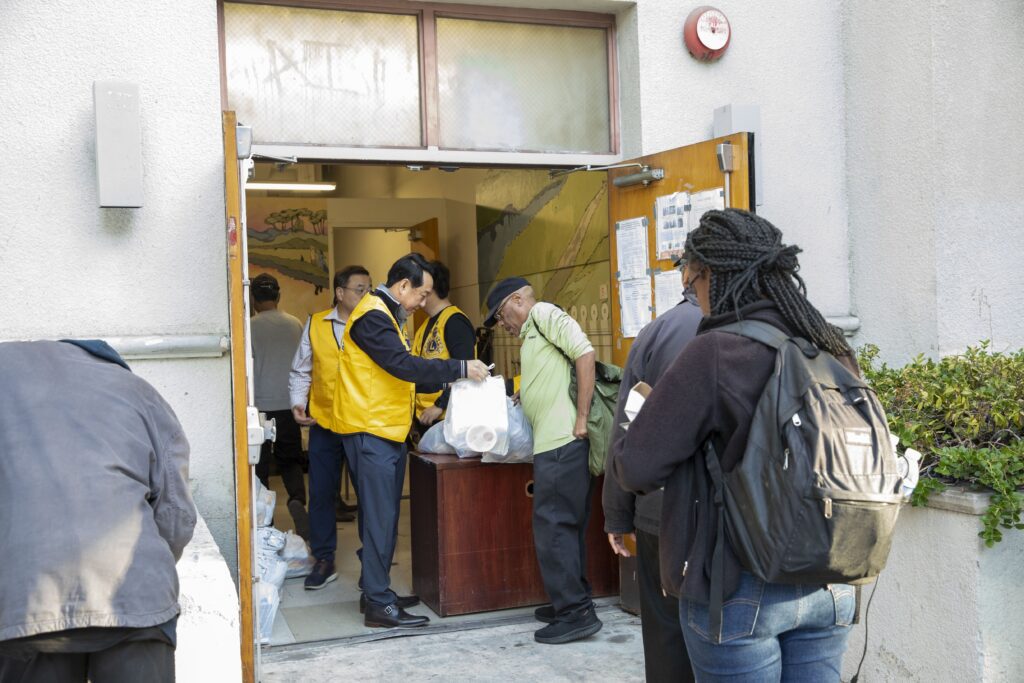Inflation Will Linger On, Possibly for A Year or More, According to Experts
Inflation Will Linger On, Possibly for A Year or More, According to Experts
Inflation has been a growing concern for many Americans in recent years, particularly for those in low-income communities. As the prices of goods and services continue to rise, many are finding it increasingly difficult to make ends meet. This problem is only compounded by the fact that personal savings rates are at an all-time low, leaving many without a financial cushion to fall back on.
Some experts predict that inflation will be with us for a year or longer, and if so, it could have devastating effects on low-income communities. In December of 2022 and January of 2023, Federal Reserve Chairperson Jerome Powell has made the following comments:
- “We didn’t expect it to be this strong,”
- “It kind of shows you why we think that this will be a process that takes a significant period of time.”
- “My guess is it will take certainly into not just this year, but next year to get down close to 2%.”
- “[inflation has] a long way to go,”
- “This process is likely to take quite a bit of time, and it’s not likely to be smooth.”
Ongoing Inflation’s Impact on Disadvantaged Communities
One of the most significant impacts would be on the cost of basic necessities, particularly food. As we have seen in recent months, food prices have been rising at an alarming rate, with many low-income families struggling to afford even the most basic items. This can lead to malnutrition and hunger, particularly for children and the elderly, who are the most vulnerable.
Another potential consequence of sustained inflation is the increasing burden of debt. As borrowing costs rise, those with existing debt will find it more challenging to make payments, potentially leading to defaults and bankruptcies. This can have a ripple effect on the economy as a whole, as it reduces credit availability for businesses and individuals, making it more difficult to invest and grow.
Inflation can also exacerbate existing inequalities, particularly those related to race and ethnicity. Historically, communities of color have been disproportionately affected by economic downturns and rising prices, and the current situation is no different. As jobs are lost, and prices rise, those with the least economic and social capital are often hit the hardest.
Therefore, another year of sustained inflation would be devastating for low-income communities in the United States, including here in Los Angeles County. It would further increase the cost of basic necessities, exacerbate existing inequalities, and make it more difficult for individuals and businesses to thrive. To mitigate these effects, policymakers must take action to address the root causes of inflation, such as supply chain disruptions and labor shortages, and ensure that low-income communities have access to the resources and support they need to weather the storm. This could include increased government assistance, job training and workforce development programs, and targeted investments in communities that have been historically marginalized and underserved. Ultimately, it will take a concerted effort from all stakeholders to address the challenges posed by inflation and ensure that all Americans can thrive in the years ahead.
Sources:
- https://theconversation.com/americans-personal-savings-rate-is-near-an-all-time-low-an-economist-explains-what-it-means-as-a-potential-recession-looms-196333#:~:text=The%20latest%20data%20shows%20Americans,this%20rate%20averaged%20around%207.6%25
- https://www.cnn.com/2023/02/07/economy/jerome-powell-economic-club-speech/index.html
- https://www.cnbc.com/2023/02/07/fed-chief-powell-says-the-the-disinflationary-process-has-begun-but-has-a-long-way-to-go.html
- https://www.cnbc.com/2023/02/14/heres-the-breakdown-of-the-inflation-report-for-january-in-one-chart.html
*The first draft of this blog post was written by ChatGPT





